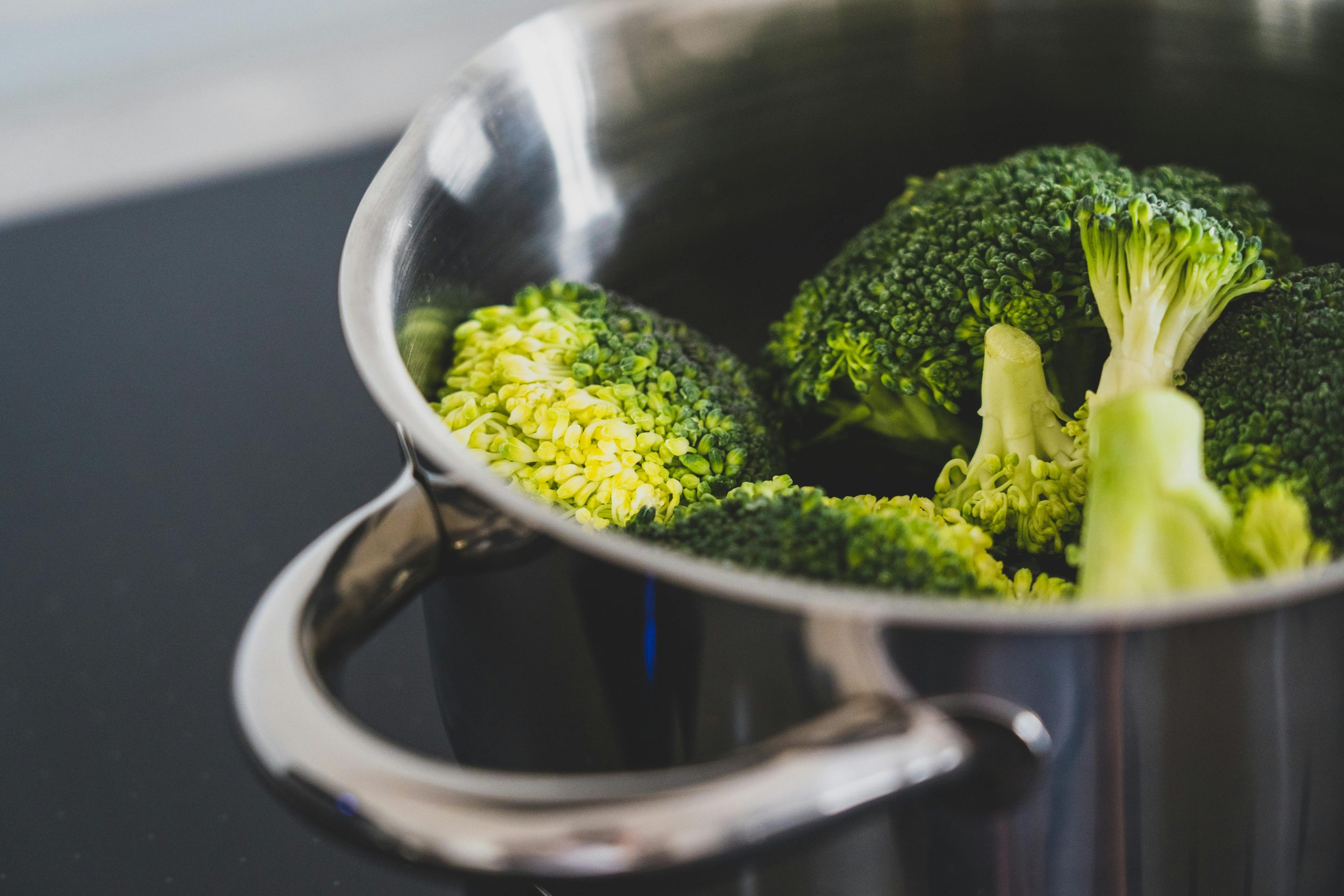Sustainable Eating: The Future of Eco-Friendly Food Choices
The world is changing, and so are our food choices. In recent years, there has been a growing concern for the environment and the impact our actions have on it. It’s becoming increasingly clear that our food choices not only affect our own health but also the health of our planet. That’s where sustainable eating comes in. It’s more than just a trend – it’s the future of eco-friendly food choices. In this article, we’ll dive into what sustainable eating is all about and why it’s crucial for our planet’s well-being.
The concept of sustainable eating
Sustainable eating is a way of consuming food that aims to minimize the negative impact on the environment, while also promoting social and economic sustainability. It’s about making conscious choices that are not only good for our health but also for the planet. It’s a holistic approach to food that takes into consideration the entire food system, from production to disposal.
The current state of our food system
The current food system is highly unsustainable. Most of our food is produced using conventional farming practices, which often involve the use of harmful chemicals and pesticides. These chemicals not only harm the environment and local ecosystems but also have negative effects on human health.
In addition, the current food system is heavily reliant on fossil fuels, contributing to greenhouse gas emissions and climate change. The transportation of food from one place to another also adds to its carbon footprint, as well as the use of plastic packaging, which further contributes to pollution. The amount of food waste in the system is also shocking, with a staggering one-third of all food produced worldwide going to waste.
The benefits of sustainable eating
Embracing a sustainable diet can bring a multitude of benefits. First and foremost, it’s good for the environment. By choosing sustainably produced food, we can help reduce greenhouse gas emissions, preserve natural resources, and protect biodiversity. Sustainable agriculture practices also eliminate the use of harmful chemicals, making our food safer for consumption.
Sustainable eating is also beneficial for our health. Choosing whole, unprocessed foods that are in season and locally grown means we’re getting the most nutrient-dense food possible. Furthermore, sustainable food tends to be free of chemicals, making it safer and healthier for our bodies.
In addition, sustainable food practices also have positive impacts on the economy and society. They support small-scale and local farmers, promoting sustainable livelihoods and reducing food insecurity. Sustainable food systems also prioritize fair labor practices and ethical treatment of workers, ensuring social sustainability.
How to eat sustainably
Now that we understand the importance of sustainable eating, let’s look at some practical ways to incorporate it into our daily lives. Here are some simple steps you can take:
1. Eat more plant-based foods
One of the easiest ways to reduce our environmental impact through food is by eating more plant-based foods. Animal-based products have a much higher carbon footprint and require more resources to produce than plant-based foods. Incorporating more fruits, vegetables, and grains into our diet not only benefits the environment but also improves our health.
2. Choose organic, local, and in-season foods
Choosing organic food means we’re supporting sustainable farming practices that are better for the environment and our health. Buying locally produced food reduces transportation emissions while also supporting the local economy. Eating in-season foods also means we’re getting the freshest and most nutrient-dense produce.
3. Reduce food waste
As mentioned earlier, a third of all food produced globally goes to waste. By reducing our food waste, we can minimize our environmental impact. Some simple ways to do this include planning meals, buying only what we need, and properly storing and preserving food.
4. Support sustainable farming practices
Research the food brands and companies you support and choose those that prioritize sustainable farming practices. Look for certifications such as Fair Trade, USDA Organic, and Rainforest Alliance to ensure the products you’re buying are ethically and sustainably produced.
Final thoughts
Sustainable eating is not just a buzzword – it’s necessary for the future of our planet. By making mindful food choices, we can reduce our environmental impact, support our own health, and promote social and economic sustainability. It’s time to shift towards a more sustainable food system and pave the way for a healthier and more environmentally conscious future.










